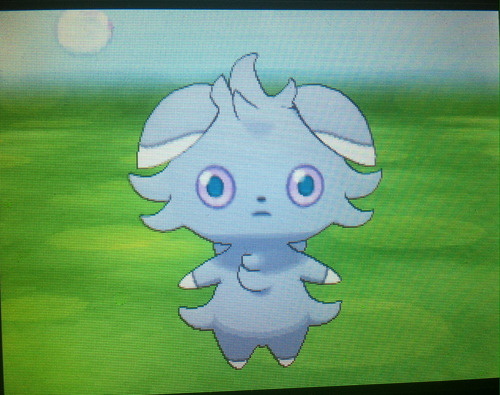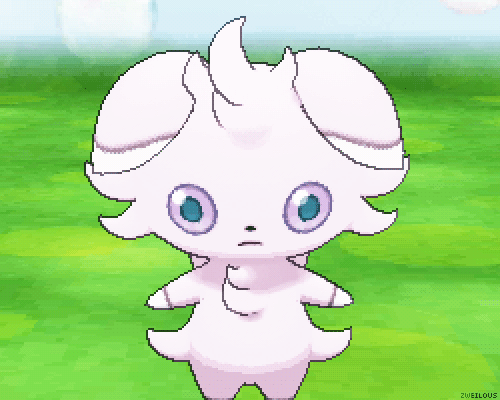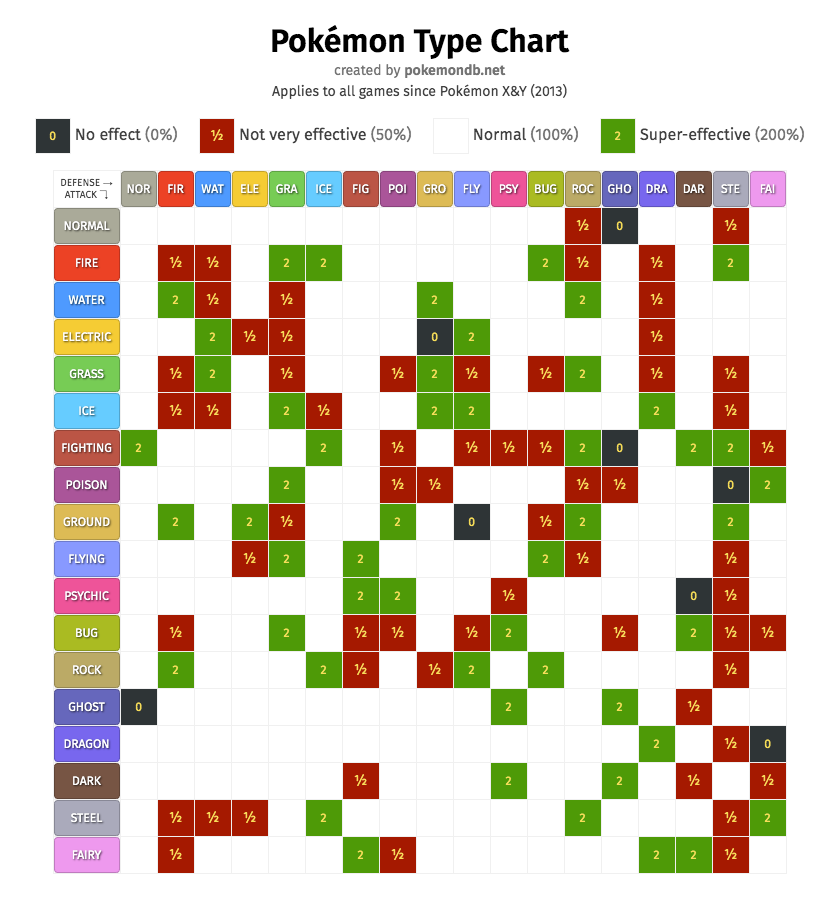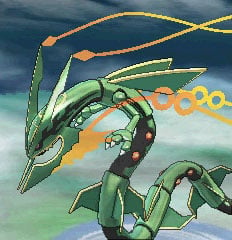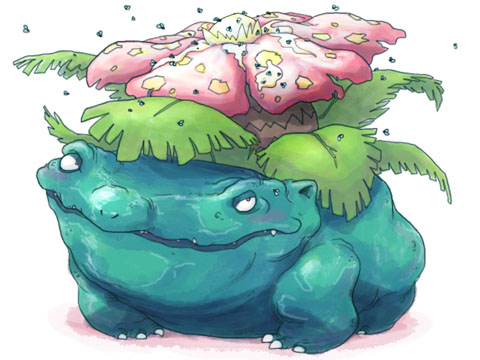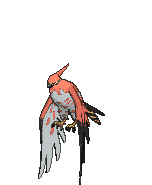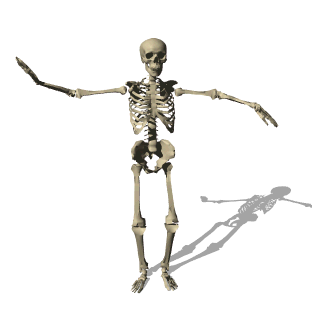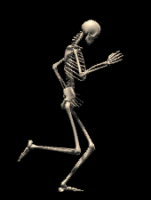That which is not known is not worried about
What you don't know won't kill you
If you can't see it, it's not a problem.
All of these, they mean the same thing and this thing is probably one of the most important concepts to understand and learn in adolescence. We all had those moments in kids where we heard something that scared the shit out of us and we worried about it for days, weeks, in my case it was months.
When I was in second grade my older sister told me about Global Warming and how we're all going to die because of it, and my life took a downward spiral as a child. I couldn't sleep for probably 2 months after she told me that, just worrying. The majority of my thoughts were devoted to "Holy shit I'm going to die" and with this I had the first existential crisis of my life. I worried about death and the fact that I wasn't always going to be alive and my loved ones weren't always going to be alive either. It's a lot for an 8 year old to take on her shoulders, but I'm kinda glad that it happened early to me.
I by no means came to terms with death after that event (that wouldn't come until about a year ago, to be honest) but it really opened my eyes and ruined my mind.
I honestly believe that those defining and eye-opening moments when I was around 8 or 9 were the start of the slippery slope from the neurotically to the mentally unhealthy.
If you've ever taken a depression self-test you'll know that several of the questions deal with existential topics such as "Do you feel your life is worthless?" or "Do you believe life is meaningless?"
These questions, usually phrased a bit less accusatory and moody, are some of the focal points of existential crisis. If asking questions like that are a part of diagnosing depression and other mental illnesses, there must be a correlation from existential thought to mental disorders.
In fact, some of the most inspirational and oddly existential people in the world suffered from depression and fell victim to it as well.
David Foster Wallace who wrote "This is Water" committed suicide after suffering from depression for years only a few years after he delivered this speech.
Robin Williams, one of the most famous suffers and victims of depression, played several amazing and inspirational roles. (Dead Poet's Society changed my life)
Ernest Hemingway, famous and enlightening American author also took his own life.
So what does all of this mean? Is it just a part of the disease of depression to result in existential thought, or do the thoughts themselves lead the person to depression? Which came first, the chicken or the egg.
And how much knowing really hurt us in the end? Is it sometimes better to not know at all?
Perhaps it's better not to find out....
"But I was blessed with bad eyes
There's a lot that I miss but I don't mind, I'm not that oldI'll find out what broke me soon enough"
-Radical Face: Glory








